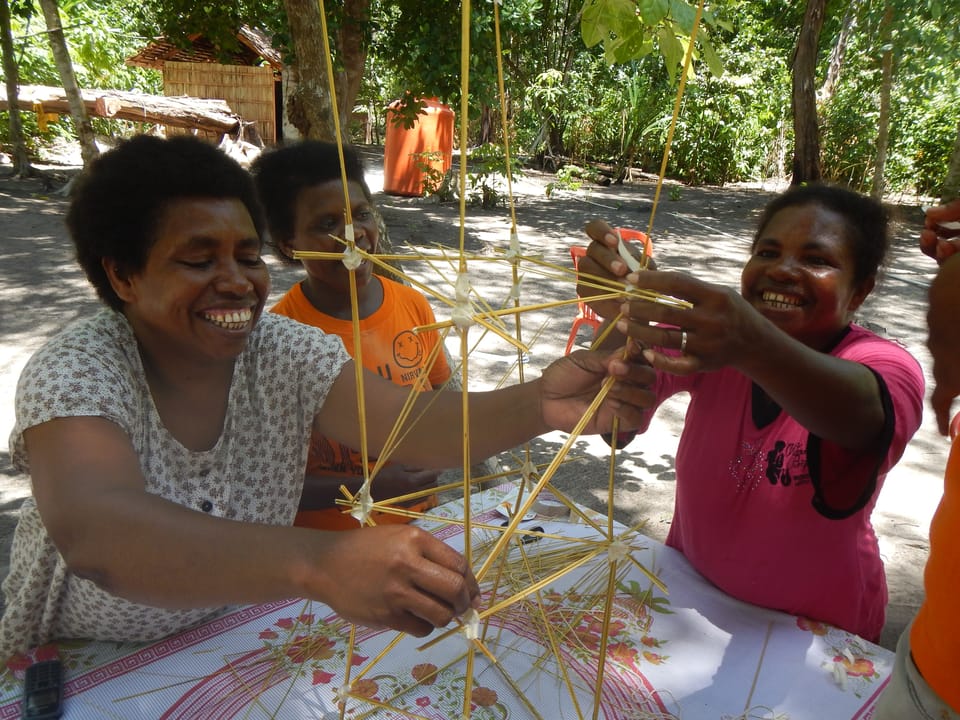What we have learnt about locally-led development

By definition, locally-led development begins from within the community or collective, rather than being imposed or driven from the outside. Even well-designed policy or aid interventions are unlikely to produce the intended results, let alone, do so in a sustainable and just manner, if local people feel powerless, their spirit is broken, and their deeper connection to their place and community is severed.
Those conditions undermine their well-being and prevent them from tackling real world issues. They prevent people from shaping a better future for themselves, from holding their government and leaders accountable, and from really participating in efforts for the greater good, e.g., conservation, or any democratic processes as envisaged by policy makers or donors. So addressing these conditions and understanding their underlying causes is a precondition for both locally-led development and better policy outcomes.
What we have consistently seen is that people organising themselves, developing a shared sense of agency, and acting collectively is the most effective way to improve their own lives, especially in remote areas, regardless of their specific circumstances. A feature that we have frequently observed and that is widely reported from around the world is that finding a way forward often starts with revisiting the past. This can take the form of a re-discovery of a lost collective identity, or a lost tradition, or other types of shared memories.
We can learn from the past, and so we should, and this often makes for a good entry and venture point. But we are living in the present. So these discoveries are not necessarily blueprints that need to be restored or followed. They are but an invitation to go forward, as well as a source of guidance, inspiration and support along the path.
In order to move forward, people have to learn how to act collectively and effectively. To learn this, people have to work together. This can start with something quite simple like a community garden to enhance food security and quality. And it can grow into something different or bigger, like cooperatives that produce and trade goods and services. In order to sustain the process of locally-led development collective efforts will have to pursue productive opportunities.
Another lesson that we have learnt is that progress towards the outcomes sought by policy makers and donors is often an emergent property of this process of locally-led development. In complex situations even a seemingly irrelevant outlier such as the accumulated acts of communities that can resolve their own issues; act collectively to improve their lives, and protect their livelihoods and environment; voice their issues, concerns and needs; make demands and hold their leaders to account or contest them, can have a systemic impact. Any collective action towards building a more liveable, viable and just society reconstitutes social relations, and is therefore a transformative act. What history has taught us is that the continual accumulation of such acts can change things for the better.